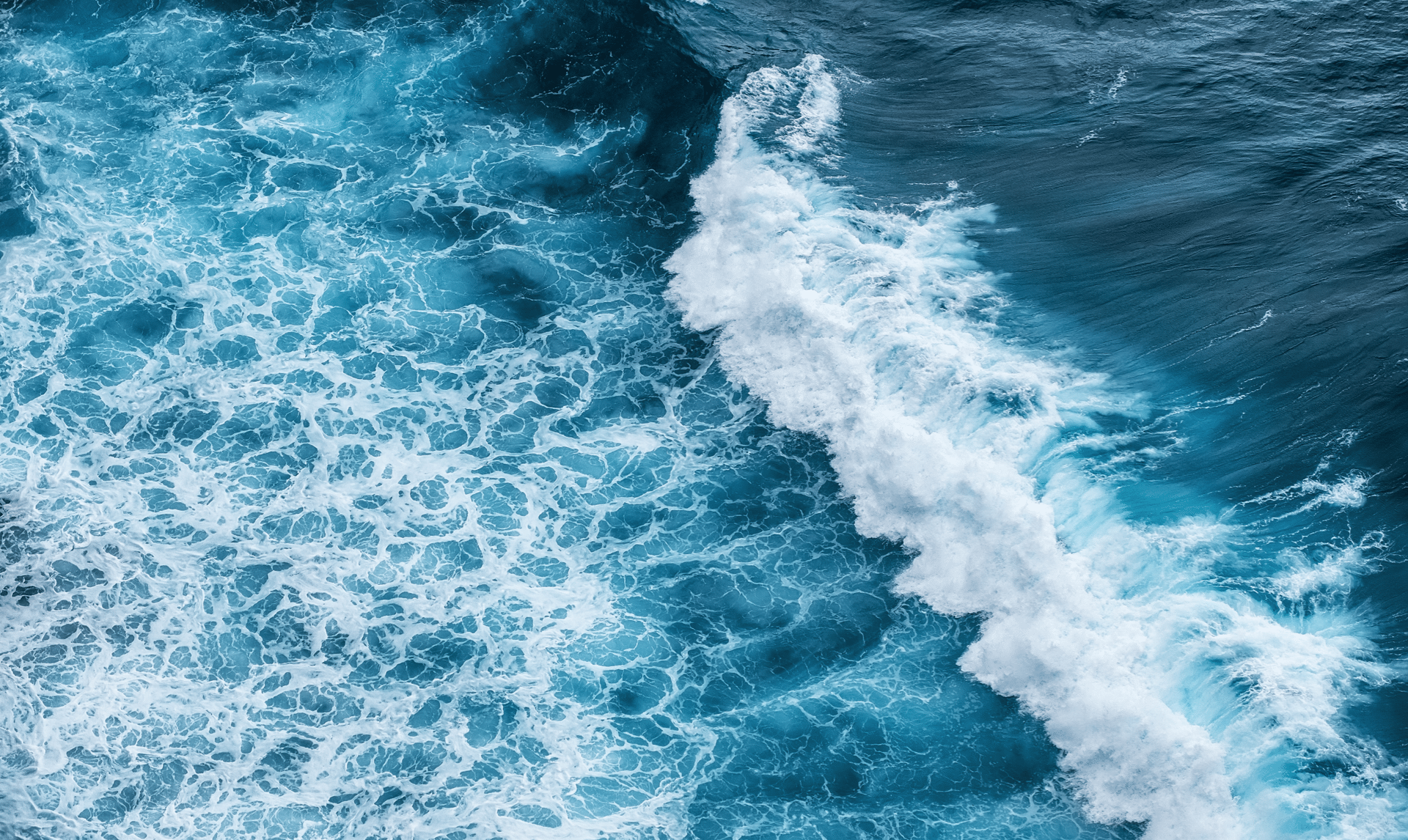Ocean energy in Europe: A natural fit
Europe has a vast and diverse coastline that stretches across the Atlantic Ocean, Mediterranean Sea, Baltic Sea, and North Sea. This geographical advantage offers ideal conditions for ocean energy development, particularly in wave and tidal power. The European Union (EU) has recognised this potential and is making significant investments in ocean energy research and projects as part of its broader renewable energy strategy.
Types of ocean energy technologies in Europe
1. Wave Energy: Europe is home to some of the world’s most advanced wave energy projects. The Atlantic Ocean – particularly off the coasts of Portugal, Scotland, and Ireland – has strong wave activity, making it an ideal location for wave energy devices. These systems capture the kinetic energy of ocean waves and convert it into electricity through mechanical or hydraulic systems.
2. Tidal Energy: Europe is leading the way in tidal energy development, with large-scale projects in countries like the United Kingdom and France. Tidal power exploits the movement of water as the sea levels rise and fall during the daily cycles, using underwater turbines to generate electricity.
3. Ocean Thermal Energy Conversion (OTEC): Although still in its early stages in Europe, OTEC technology, which harnesses the temperature difference between warm surface water and cold deep water, holds promise for southern European regions, particularly around the Mediterranean.
Leading ocean Energy projects in Europe
Europe is home to some of the world’s most advanced ocean energy projects, supported by both private industry and government-backed initiatives. EMEC (European Marine Energy Centre), based in Orkney, Scotland, is a global leader in providing excellent facilities for the testing and development of wave and tidal energy technologies, with access to both tidal stream and wave energy grid connected berths. Since 2003 EMEC provides developers with the opportunity to test full-scale, grid-connected prototype devices in real sea conditions. It has played a crucial role in advancing ocean energy by providing a platform for companies to refine their devices in real-world conditions.
European policy support for ocean energy
The European Union has been a strong advocate for ocean energy development, providing both policy frameworks and financial support for innovation in the sector. The European Green Deal, which aims for Europe to be climate-neutral by 2050, places ocean energy at the heart of the EU’s long-term energy strategy. Programs like Horizon Europe and Interreg provide funding for research and cross-border collaboration on ocean energy projects. These initiatives help foster innovation, reduce costs, and accelerate the commercialisation of ocean energy technologies.
Europe’s commitment to ocean energy is a critical component of its broader efforts to transition to a more sustainable, low-carbon future. As technological advancements continue, ocean energy is set to become a significant contributor to Europe’s energy mix, helping to achieve the ambitious climate goals set by the European Union. Today’s advances, including innovative technologies developed by companies such as SCHOTTEL Marine Technologies, ensure that ocean energy will play a crucial role in securing a sustainable energy future.
